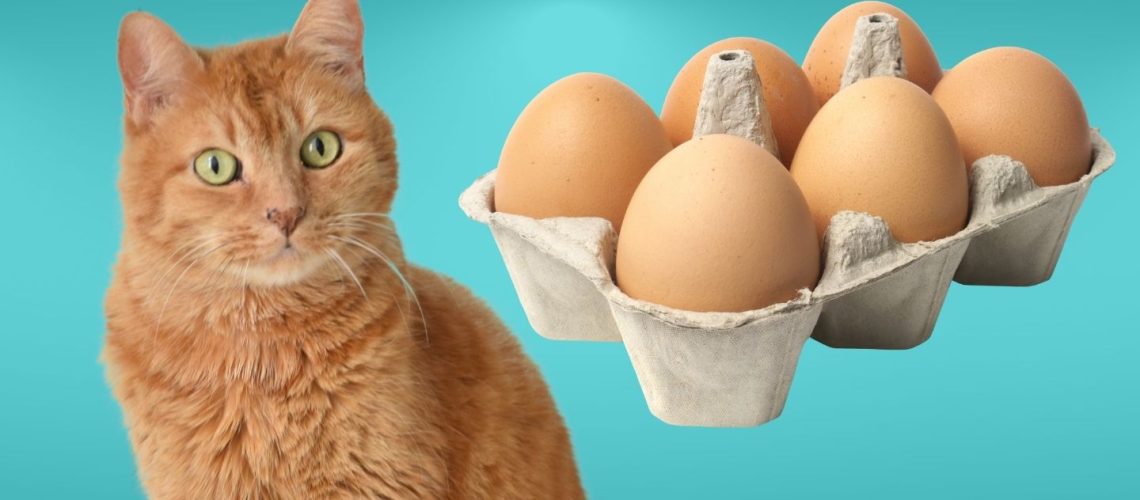The short answer is yes, cats can eat eggs. However, it is essential to feed eggs to your cat in moderation and as part of a balanced diet. In this article, we will discuss the benefits and risks of feeding eggs to cats, how to prepare eggs for your feline friend safely, and alternatives to eggs if your cat has allergies or intolerances.
Nutritional Value of Eggs for Cats
Eggs are a good source of protein for cats, which is crucial for maintaining their muscle mass and overall health. They also contain essential amino acids that cats need, such as taurine, which supports heart function and vision.
In addition to protein and amino acids, eggs provide essential vitamins, minerals, and other nutrients, such as vitamin D, B12, riboflavin, and healthy fats. These nutrients collectively support your cat's overall health and well-being.
Preparing Eggs for Cats
When feeding eggs to your cat, it is important to cook them to reduce the risk of salmonella or other bacterial infections. There are two safe ways to cook eggs for your cat:
Boiled eggs
Hard-boiled eggs make a simple, nutritious treat for your cat. Allow the egg to cool and remove the shell before feeding it to your cat.
Scrambled eggs
You can prepare scrambled eggs without any added salt or seasonings for your cat. Be sure to cook them thoroughly before serving.
Avoid mixing other foods or seasonings with eggs when feeding them to your cat, as some ingredients may be harmful to your pet. It is also essential to avoid feeding raw eggs, as they can carry bacteria and contain an enzyme called avidin, which can interfere with vitamin B absorption.
Potential Allergies and Intolerances
While most cats can safely eat eggs, some may develop an allergy or intolerance. Signs of an egg allergy or intolerance include vomiting, diarrhea, itching, and skin irritations.
If you suspect your cat has an egg allergy or intolerance, consult your veterinarian for guidance on managing their diet and symptoms.
Alternatives to Eggs for Cats
If your cat cannot eat eggs due to allergies or intolerances, there are other protein and nutrient-rich foods you can feed them, including:
- Meat (chicken, turkey, beef, or lamb)
- Fish (salmon, tuna, or sardines)
- High-quality commercial cat food
Frequently Asked Questions
Can kittens eat eggs?
Yes, kittens can eat eggs in moderation, as they also require protein for growth and development.
Can cats eat eggshells?
Eggshells can provide a source of calcium for cats, but they should be ground into a fine powder and fed in small amounts.
Can cats eat egg yolks or egg whites only?
Cats can eat both egg yolks and egg whites, but it is important to cook them thoroughly before feeding.
Can cats eat flavored or seasoned eggs?
No, flavored or seasoned eggs may contain harmful ingredients for cats. Stick to plain, unseasoned eggs.
Recap and Key Takeaways
Feeding eggs to cats can provide them with valuable protein, amino acids, vitamins, and minerals. However, moderation is crucial, and it is important to cook the eggs before serving. Keep a close eye on your cat's health and diet, and consult your veterinarian if you suspect an egg allergy or intolerance. By following these guidelines, you can help keep your cat healthy and happy while enjoying the occasional egg-based treat.











